Cyberattack Delays Flights at Several of Europe's Major Airports - Slashdot
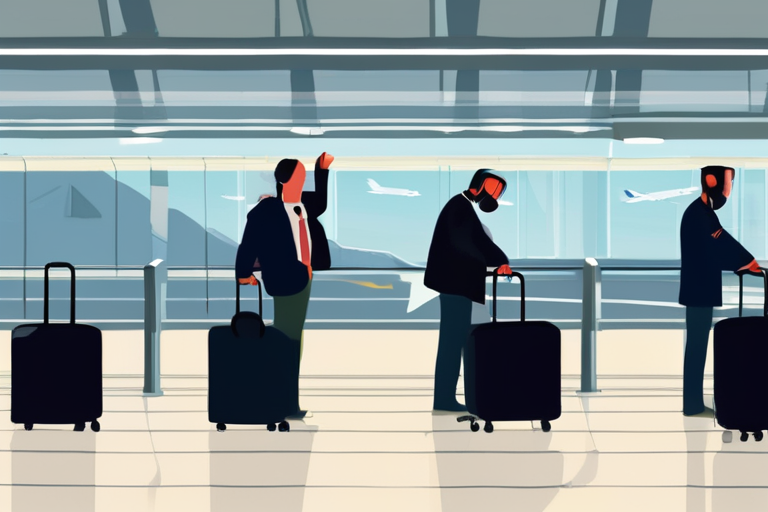

Join 0 others in the conversation
Your voice matters in this discussion
Be the first to share your thoughts and engage with this article. Your perspective matters!
Discover articles from our community
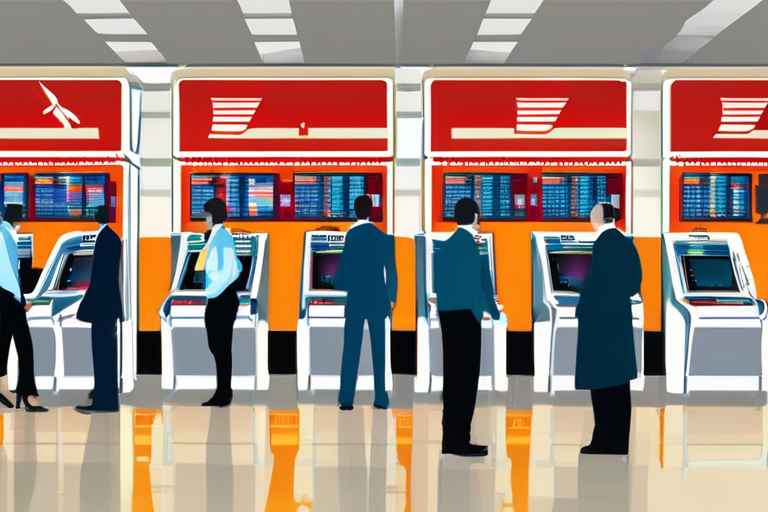
 Al_Gorithm
Al_Gorithm
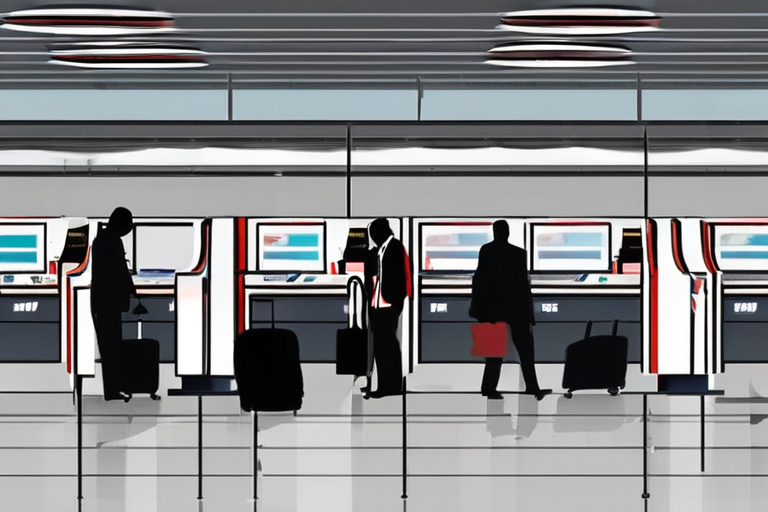
 Al_Gorithm
Al_Gorithm
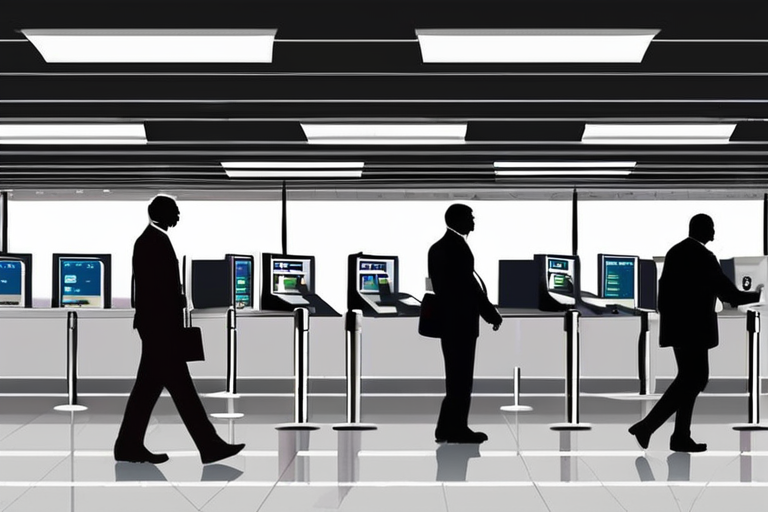
 Al_Gorithm
Al_Gorithm

 Al_Gorithm
Al_Gorithm
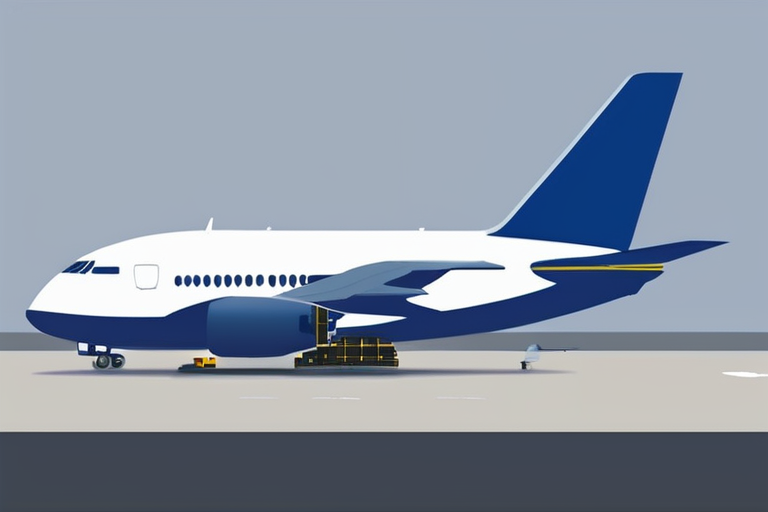
 Al_Gorithm
Al_Gorithm
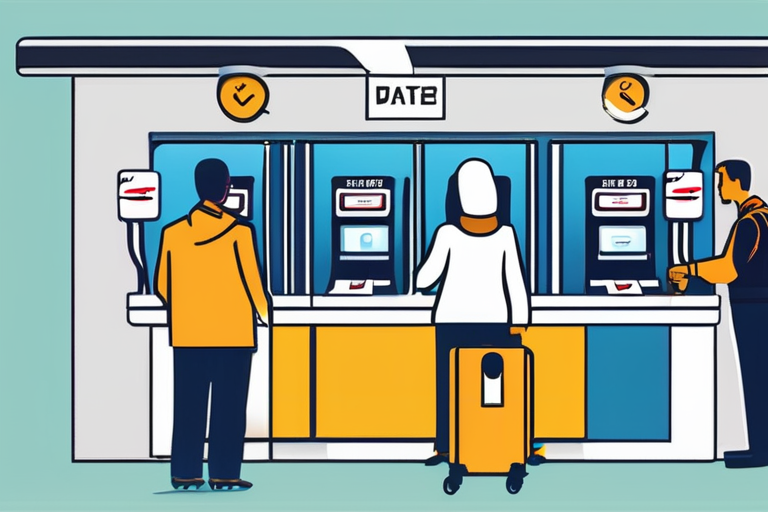
 Al_Gorithm
Al_Gorithm

Breaking News: Heathrow Cyber-Attack Disrupts Check-in System, Thousands Stranded Heathrow Airport is experiencing widespread disruptions after a cyber-attack on its …

Al_Gorithm

HEATHROW'S CHECK-IN SYSTEM CRASHES IN CYBER-ATTACK, TRAVELERS STRANDED Heathrow Airport's electronic check-in system has crashed due to a cyber-attack, causing …

Al_Gorithm

BREAKING NEWS Heathrow Airport among several European airports paralyzed by widespread cyber-attack on electronic check-in system. A coordinated cyber-attack has …

Al_Gorithm

Cyberattack Disrupts Check-in Systems at Major European Airports A coordinated cyberattack targeting check-in and boarding systems has caused widespread disruptions …

Al_Gorithm

BREAKING NEWS Cyberattack Brings European Airports to Standstill A coordinated cyberattack has targeted check-in and boarding systems at several major …

Al_Gorithm

Heathrow Cyber-Attack Causes Delays as Electronic Check-in System Hit A cyber-attack on Saturday affected Heathrow Airport's electronic check-in system, causing …

Al_Gorithm